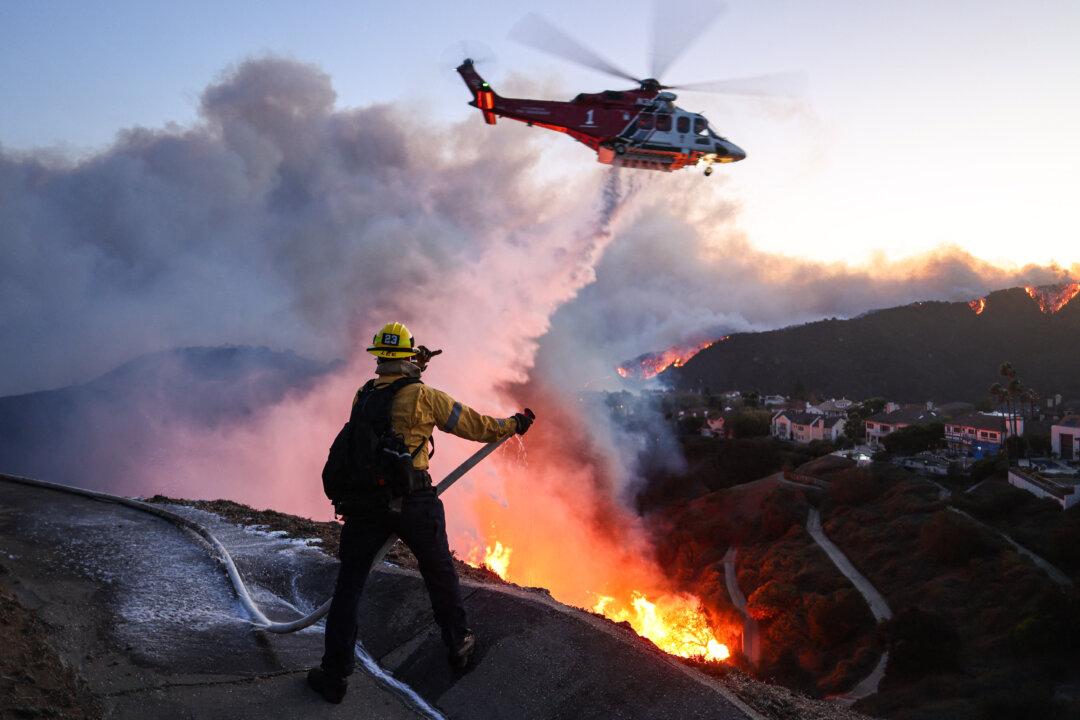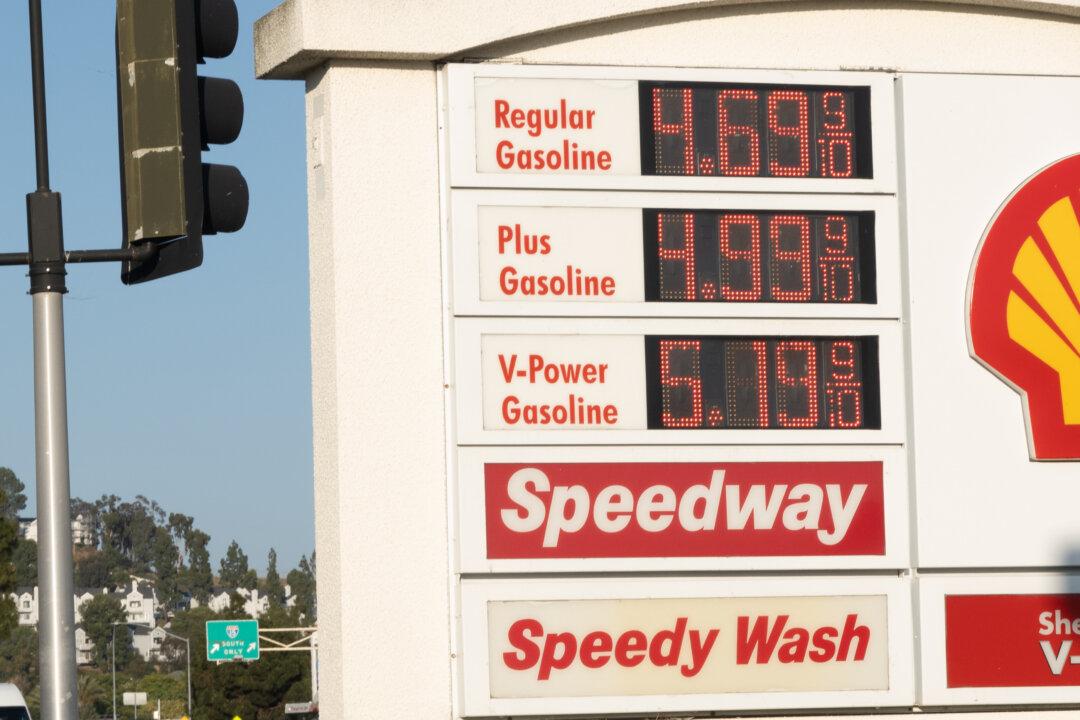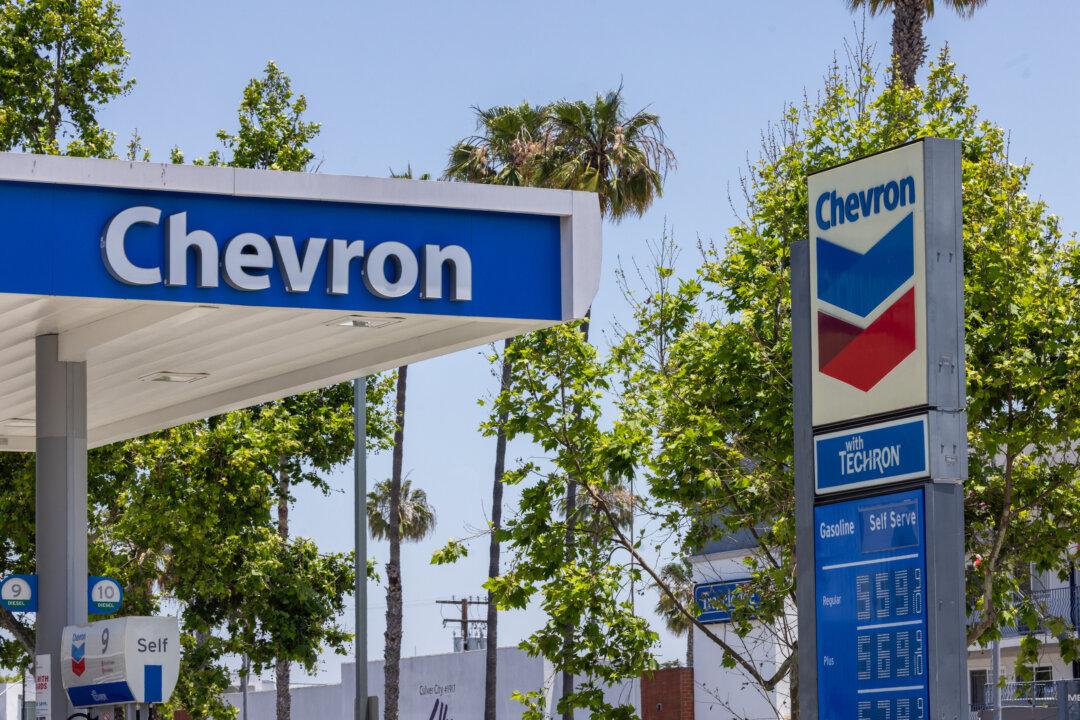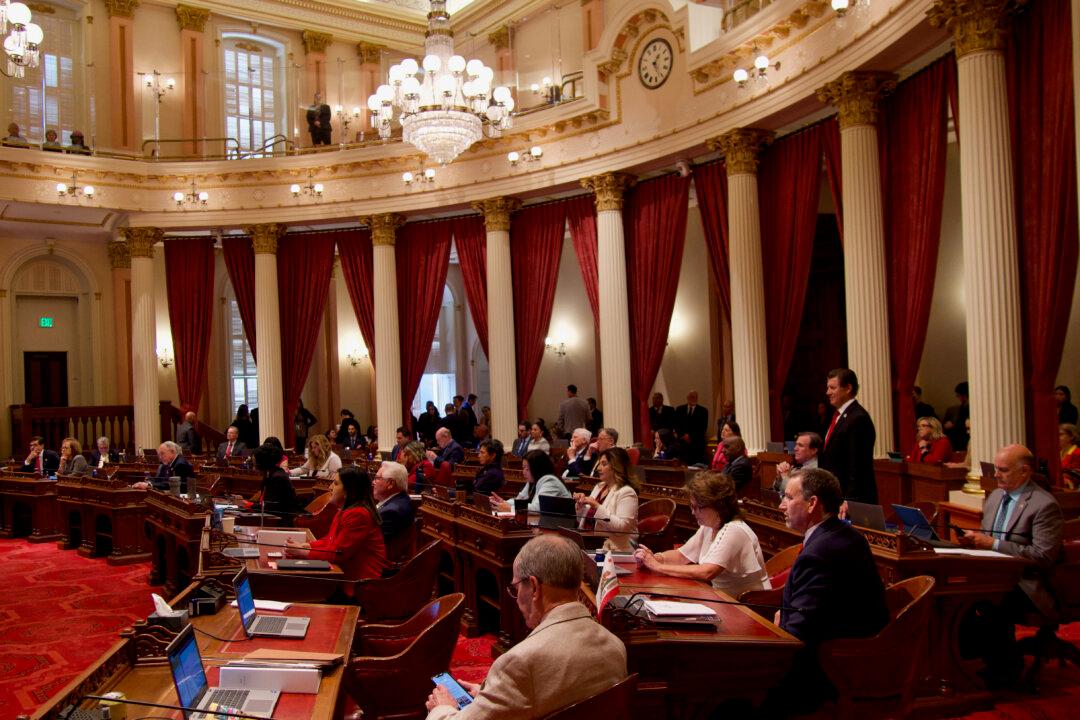A California bill that would have allowed insurers and victims of natural disasters to file lawsuits against oil and gas companies failed at its first committee hearing April 8.
With five votes of yes, shy of the seven votes needed out of its 13 members, the California State Senate judiciary committee rejected SB 222, the Affordable Insurance and Climate Recovery Act, which would have been the first of its kind in the nation if passed.




